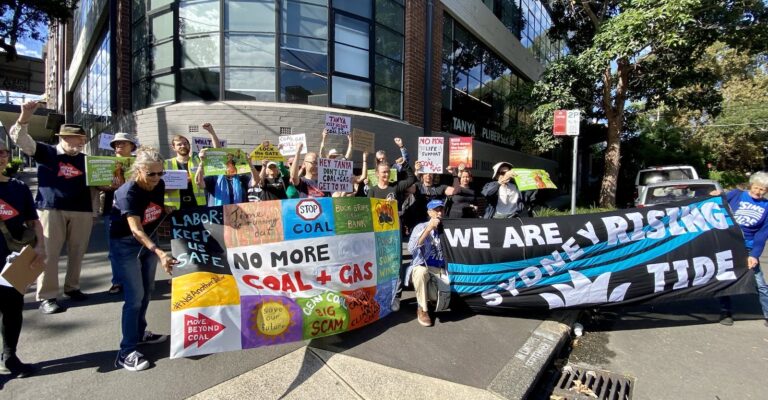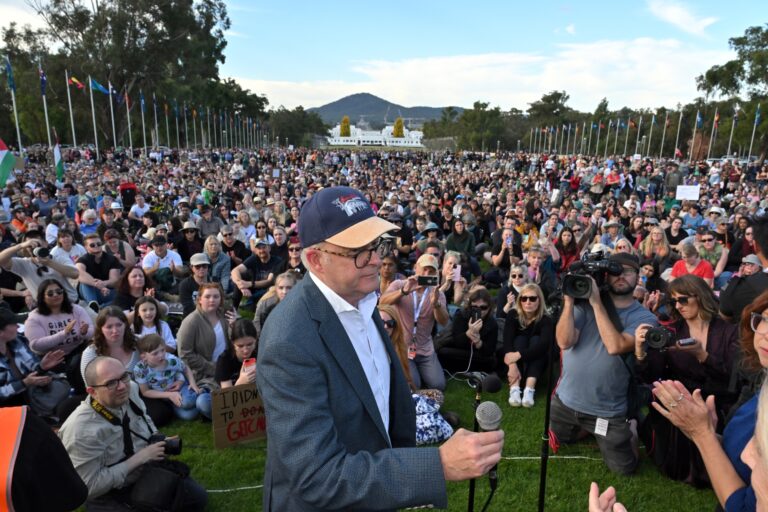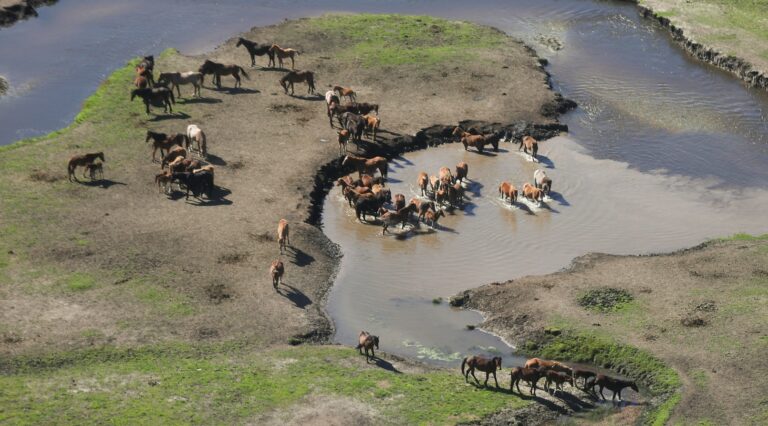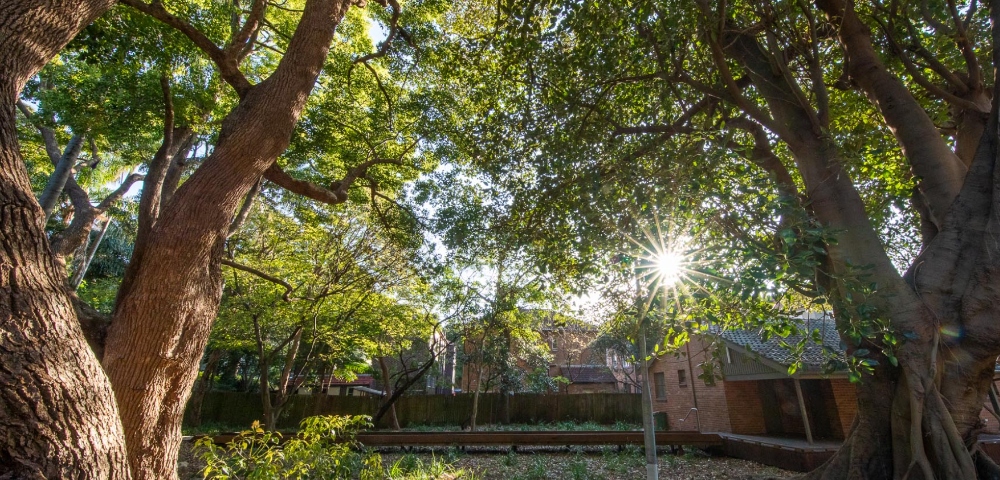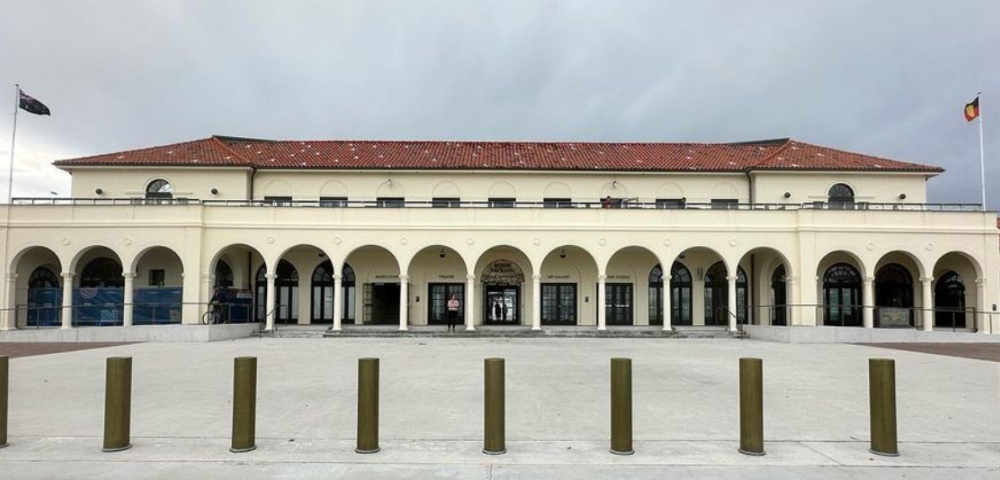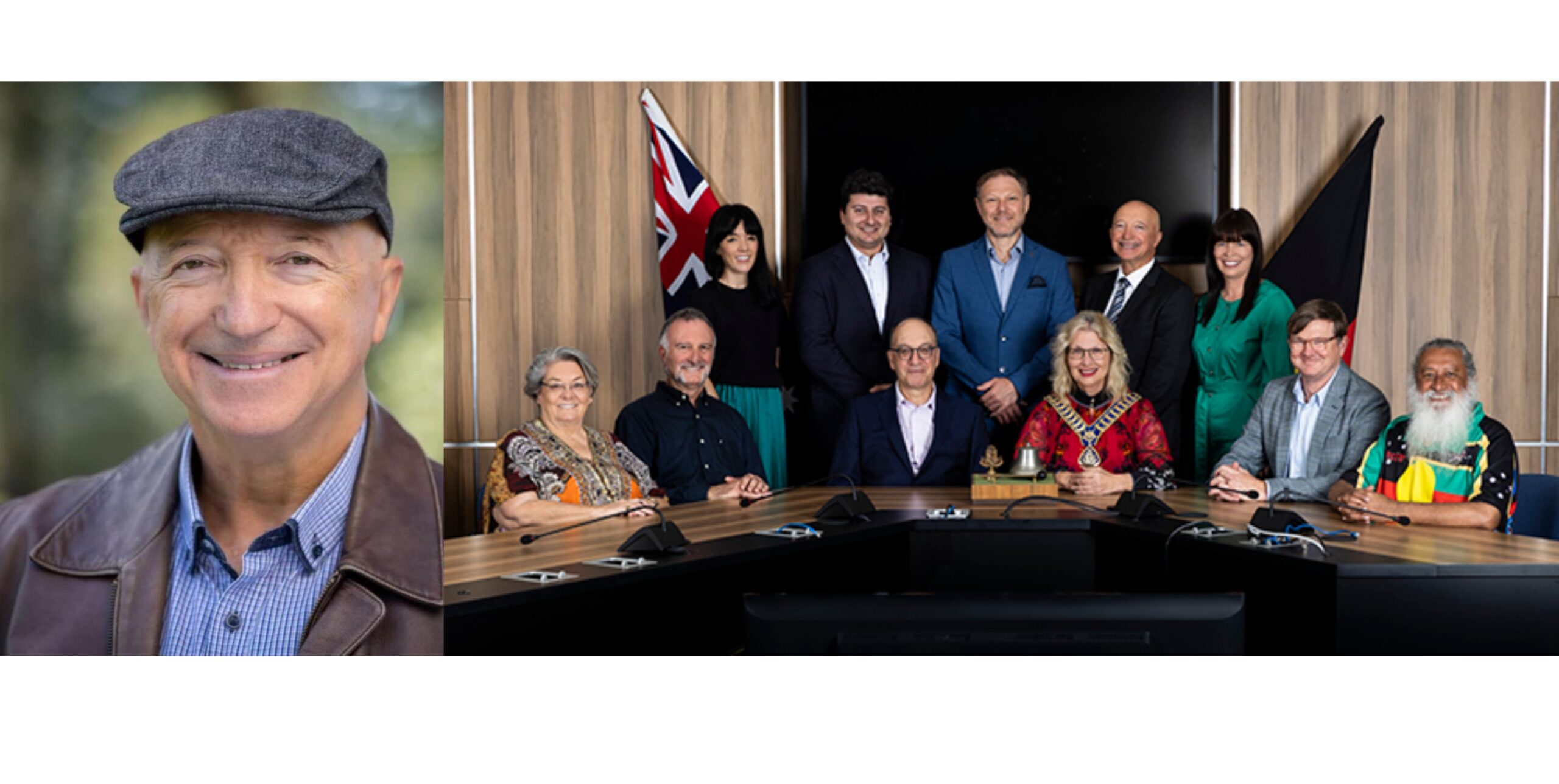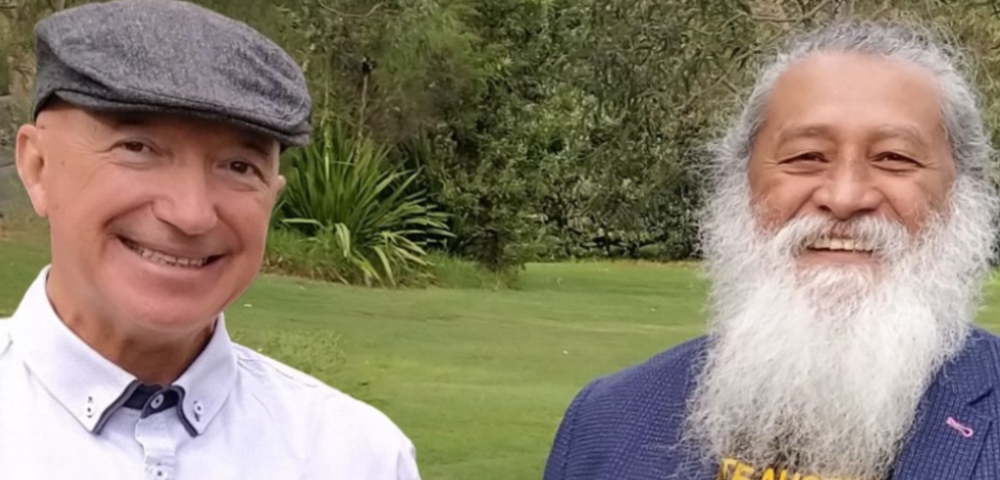
Power and politics: a planning revolution
Waverley Council will cede its power in determining the content of development applications (DAs), if reforms to the proposal process are successfully implemented.
At the March 12 Council meeting, a motion was forwarded to review Council’s relationship with the Waverley Independent Hearing and Assessment Panel (IHAP). The move is directed at reducing the number of public meetings councillors who consider DAs.
Instead, the motion proposes DA decisions will be made by IHAP – a “pool of experts” chosen from the community independent from Council.
Opposing the motion, Councillor John Wakefield said IHAP was unnecessary and more faith was needed in Waverley’s elected councillors.
“I don’t believe that a collection of experts in the planning area should make the total decision about DAs. My directors and managers on Council are far more knowledgeable [and] independent than an architect sitting on IHAP, because they are more knowledgeable about Council’s planning controls,” he said.
“They have written them and have worked on them for years.”
Currently, all applications are assessed by Council’s Development Control Committee (DCC), followed by a site inspection before the application is reviewed at a monthly Council meeting. The proposal recommends IHAP take over the DCC and monthly Council meetings independent of Waverley councillors’ jurisdiction.
Aimed at simplifying the negotiation process, the move has caused tensions over Council’s reduced accountability for DAs and changes to local democratic procedures.
Mr Wakefield said IHAP will achieve little change as 95 per cent of DAs are decided upon by Council officers and approximately 75 per cent of all DAs are completed within no more than 40 days.
“[IHAP] has very little actual outcome … The role of councillors is to [gauge] the very immeasurable input of community concern. No expert can measure [this],” he said.
If the changes are to go ahead, Council may still offer its recommendations through the Development and Building Unit’s reports. However, this would represent a diminished role in the process, with only Council officers and not Councillors themselves providing the recommendations.
Waverley Greens Councillor Dominic Wy Kanak said the reforms will allow Council to concentrate on broader, strategic planning but the planning process must be accountable to prevent a fundamental loss of local democracy.
“I think if you are going to prevent DAs from being a purely bureaucratic process, there still needs to be an avenue for local constituents to keep the planning process accountable through decision-making procedures that allow them to talk to their representatives,” he said.
As part of its operations, Mr Wy Kanak said the panel should look at the significance of Aboriginal heritage in the assessment of local sites and proper consideration must be made over disability access provisions.
“It’s important for us to have a planning expertise model and the ability to call on that kind of expertise. We do have two gullies: one in Tamarama and one in Bronte,” he said.
“They [would act] as an interface between public parkland and residential development, between more modern-built planning decisions and what still exists as natural heritage in Waverley.”
Council’s proposal comes in light of similar reforms introduced at Manly.
“People are afraid of change,” said Councillor Leon Goltsman. “Ideally, it makes it a fairer system and takes the politics out of it. It speeds up the process [and] Council is taking a proactive approach in implementing [this policy].”
A report outlining operational guidelines and budgetary adjustments is set to be released in May. It is anticipated the new panel will commence on July 1 this year.

